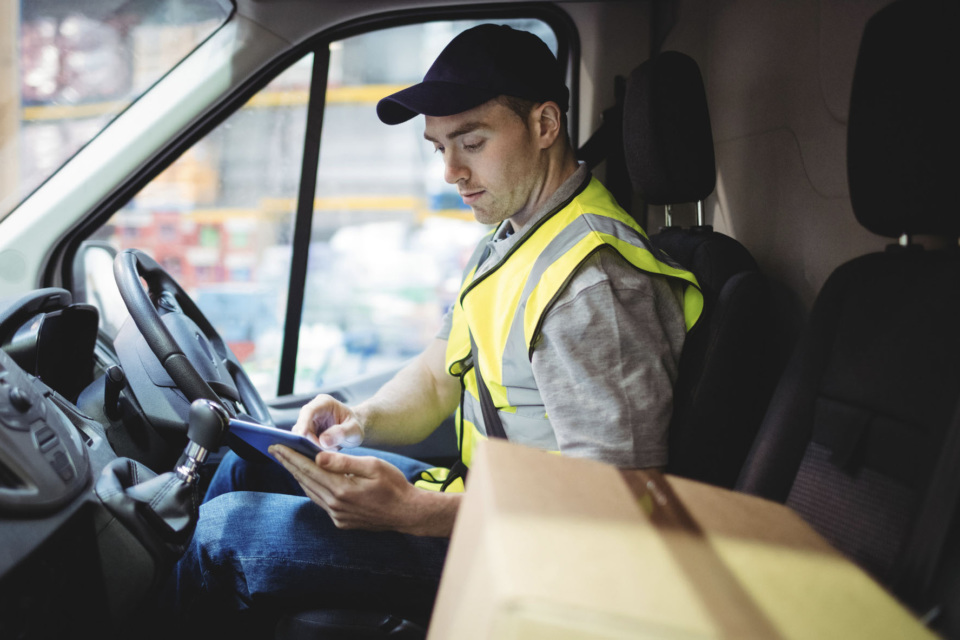A key insight from The O’Kelly Group

Paper bag manufacturer the O’Kelly Group, established in 1948, was initially hesitant about sourcing an in-house delivery transport solution but General Manager, Sarah O’Kelly, said the company needed to consider more flexible approaches to transport. “We have to deliver when we are expected to no matter what. Not delivering is not an option
“If a driver was absent it created problems. We would re-allocate staff from the warehouse or elsewhere to do the deliveries. But then we’d be one down and those areas of the business would be affected, so it made sense to outsource.”
Ms O’Kelly said that her father and grandfather’s generation would have been worried about loss of control when outsourcing – the business, operating one of Australia’s largest paper bag manufacturing facilities at its Dandenong processing plant, decided to start small.
O’Kelly engaged Ontime Delivery Solutions initially to provide one driver and vehicle. Over time O’Kelly has sourced more resources from Ontime, and brings in extra for busy times. “It was a big decision because the company had managed its own transport for about 60 years. But we put one driver on and it went really well so we gradually increased our commitment.”
Delivery demands are high and constant. Product includes paper bags, both flat and satchel, which are used for fast food, bottle bags, mushroom bags, grease-proof sheets and more. The company is also a distributor of other products in the fast food container range such as coffee cups and plastic containers. But paper bags account for 40% of business.
O’Kelly says that outsourcing transport has saved costs but that some benefits would be hard to quantify. “There is a saving but it was never about that for us. It was about the cost of interruption to the business, and it’s hard to quantify that.
“The flexibility would have a financial benefit but it’s not always easy to put a number on it. When running your own fleet you’re dealing with vehicle costs, breakdowns, maintenance. Something could go on a truck and you’re up for $2,000. But then you don’t have access to the vehicle either so you need to cover by short-term leasing a vehicle.”
The biggest benefit is flexibility to manage resources, according to Ms O’Kelly. She says the increase in control was an unexpected benefit and contradicted her initial worries about outsourcing.
The biggest benefit is flexibility to manage resources, according to Ms O’Kelly. She says the increase in control was an unexpected benefit and contradicted her initial worries about outsourcing.
Public holidays were previously a problem due to the backlog of orders that weren’t able to be delivered on the day. But Ms O’Kelly says it’s now solved by booking extra drivers either side of the holiday. “We can add a driver easily, which is important for growing our business. But doing it ourselves, the capital investment to add even one driver is huge.”
Ontime’s drivers are managed through one contact point. “They are part of our team. We treat them like employees. They wear our uniform, they are here every day.
“We can’t have couriers doing their role.”
For any questions about how an in-house delivery system can improve your business, please contact us.